
For Mayor Of Baytown
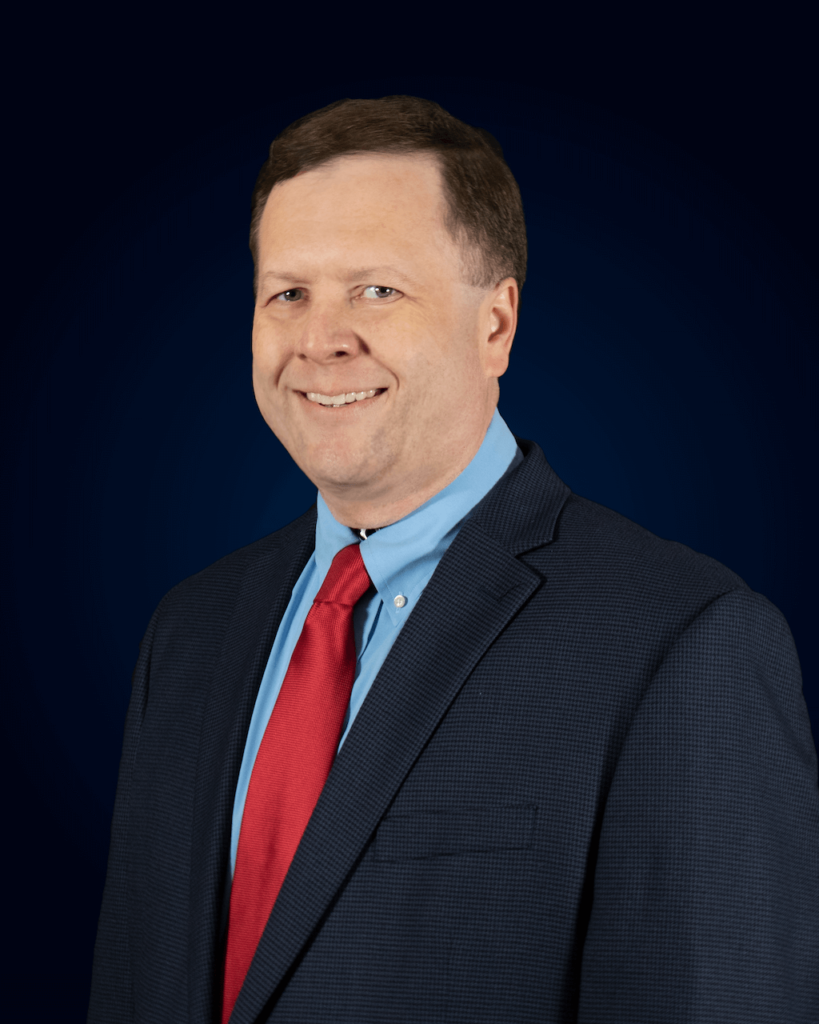
Meet The Candidate
Mike Wolfe
The trusted and proven conservative fighter we need as our Baytown Mayor.
Elected by Republicans countywide to 12 years of service as our Harris County School Trustee, Mike Wolfe has an unsurpassed conservative track record as the tax cutting champion we need to “Make Baytown Great Again” in these uncertain times.
A native of Harris County, born in the heart of the Texas Medical Center, a product of Northwest Academy, The University of St. Thomas, and Houston Baptist University, Mike Wolfe is a man of faith and family and for years he’s been an active member of his Church; he has deep family roots in Baytown where his Great Uncle Bobby Wolfe was an early leader at Humble Oil, which is now Exxon.
With decades of service as a Child Support Officer for Texas Attorney General Ken Paxton, as a Government Affairs Specialist for Harris County District Clerk Chris Daniel, and as a Juvenile Supervision Officer, Mike Wolfe also taught High School Social Studies.
Mike served this year as the lone Donald J. Trump Delegate from Baytown to the Republican National Convention in Milwaukee, Wisconsin. He is also a Baytown Republican Precinct Chair.
A recent survivor of Stage 3 Cancer, Mike Wolfe is battle tested and once again ready to serve the citizens of our great community for years to come.
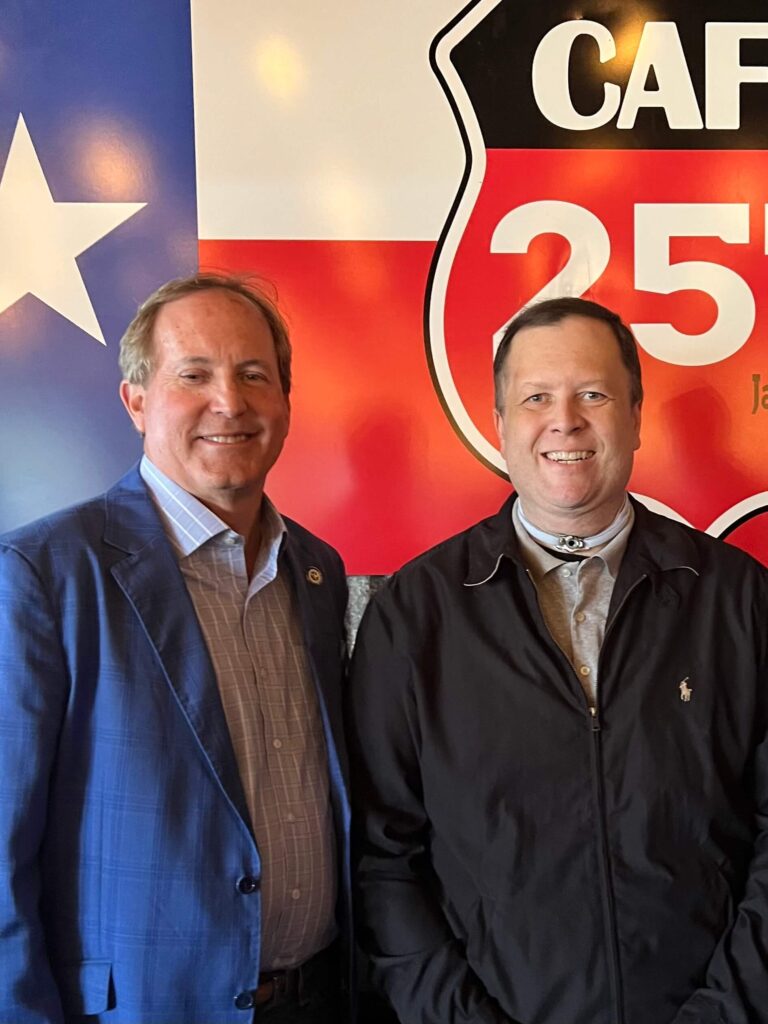
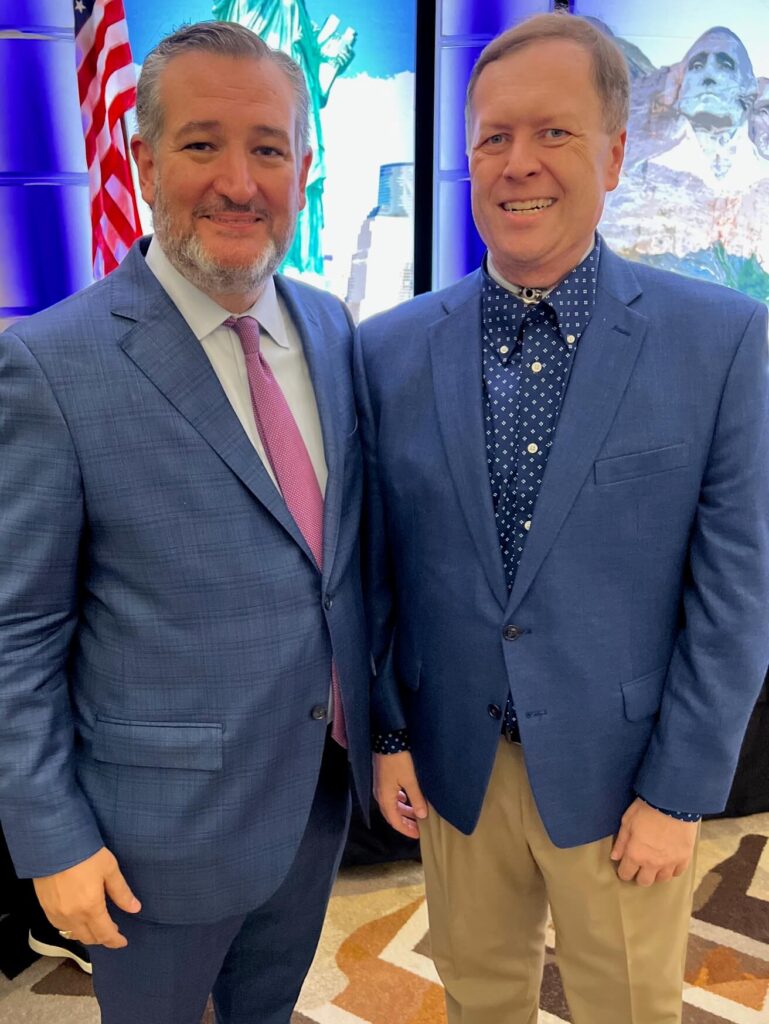
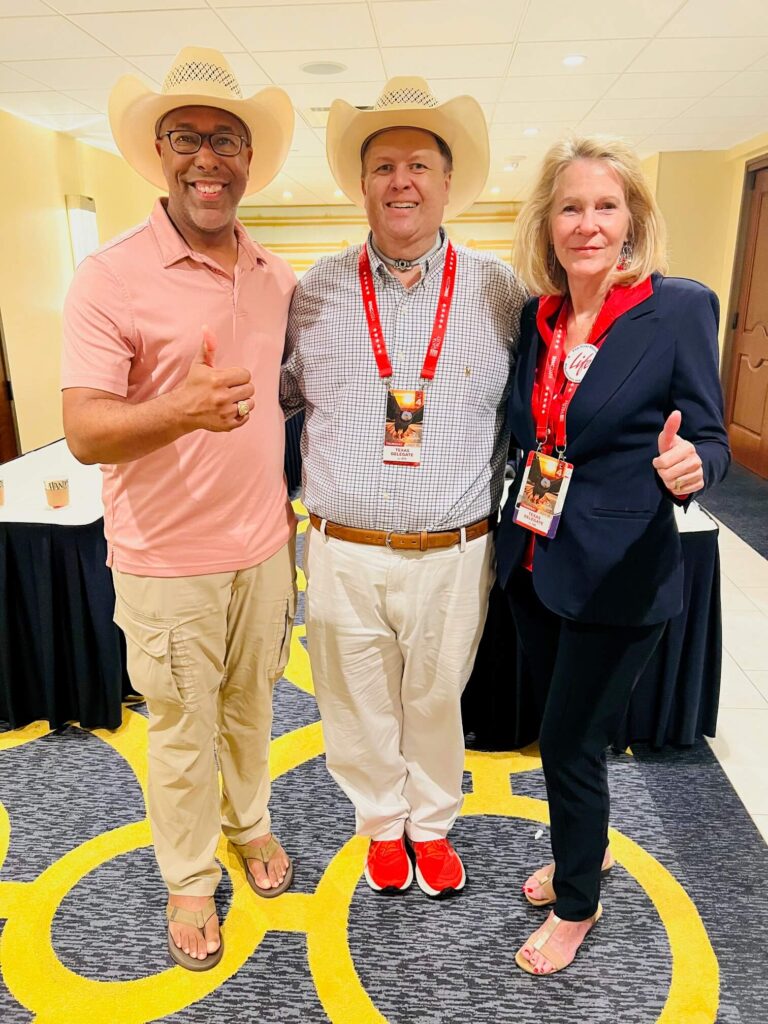
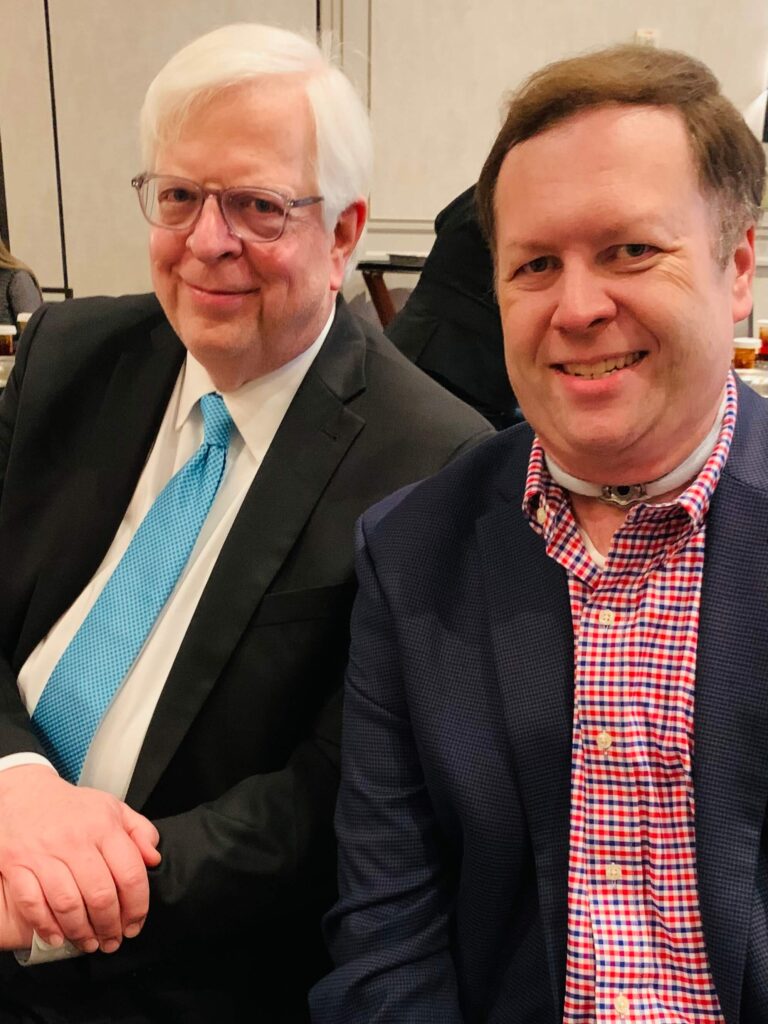
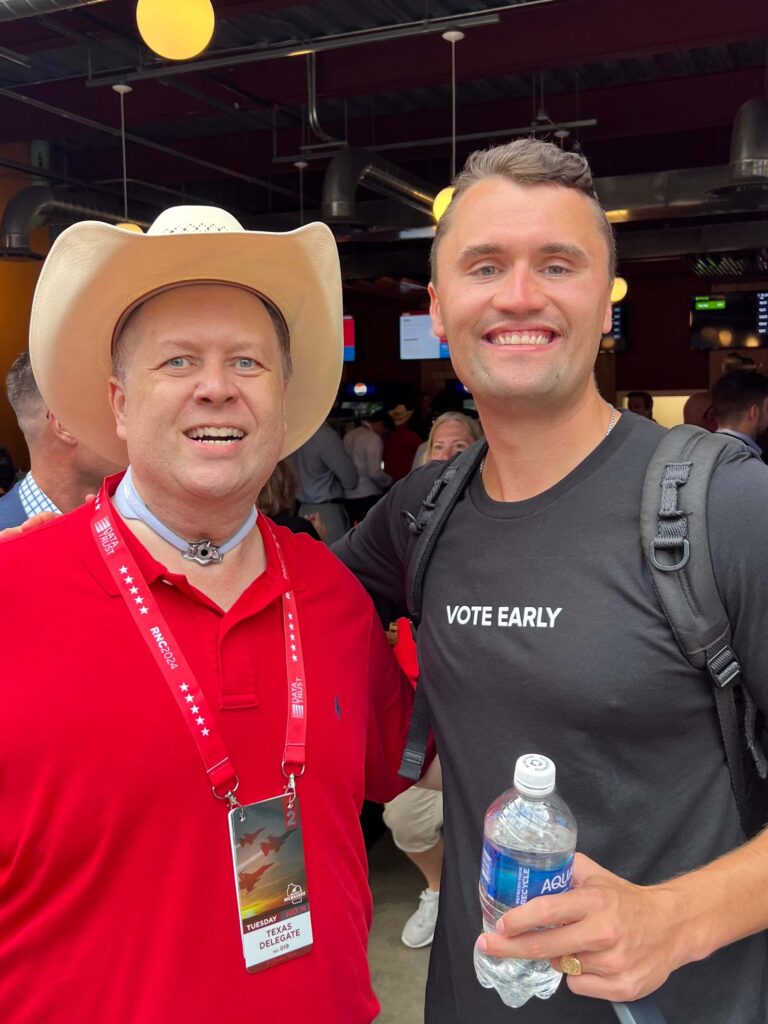
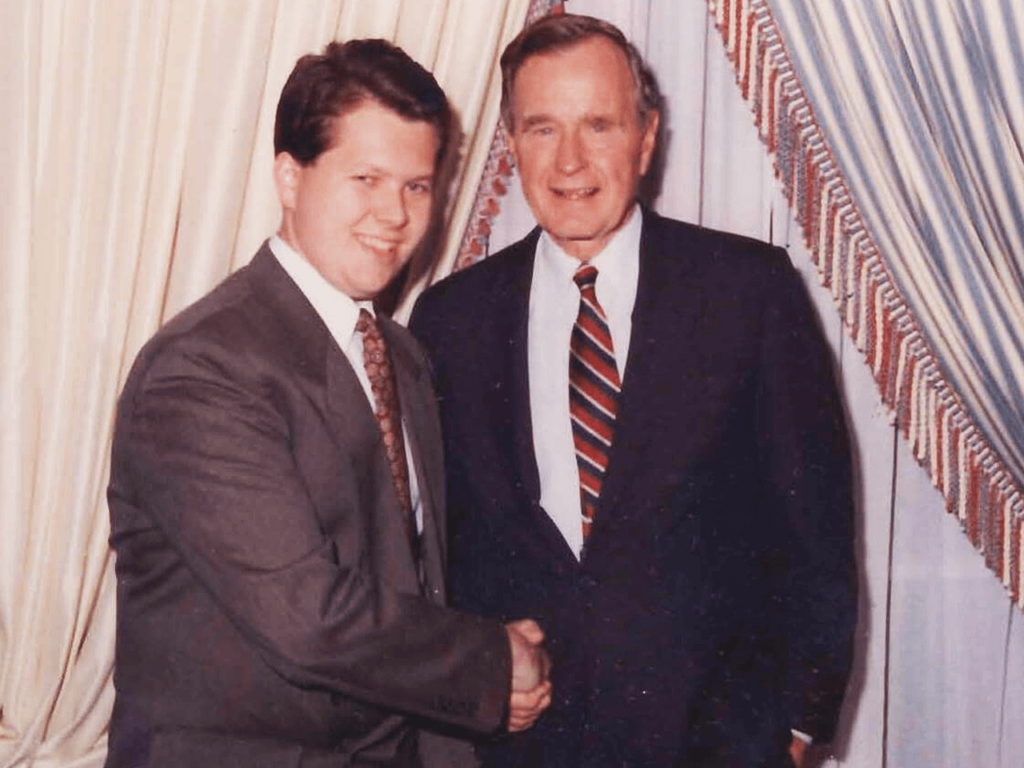
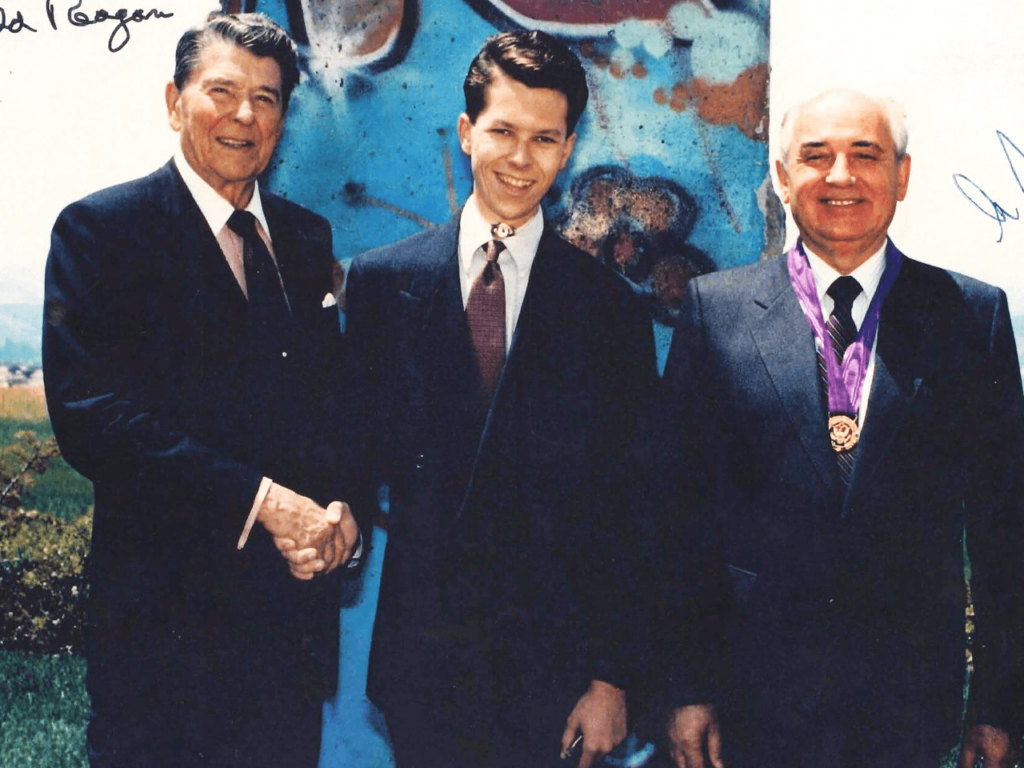
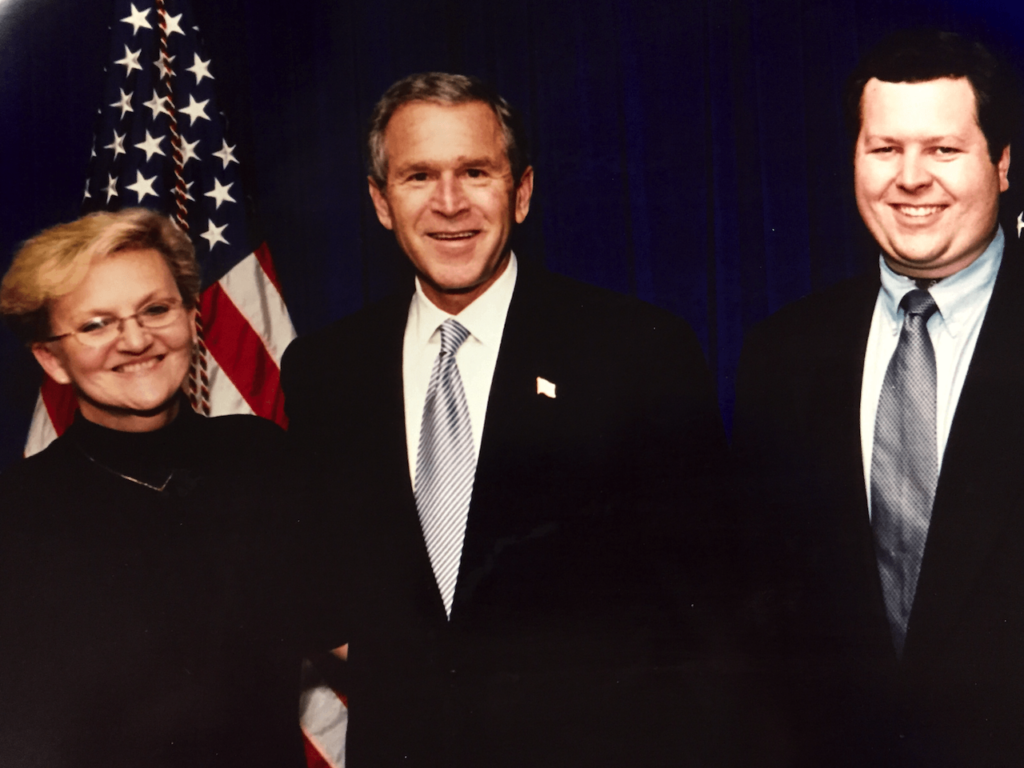
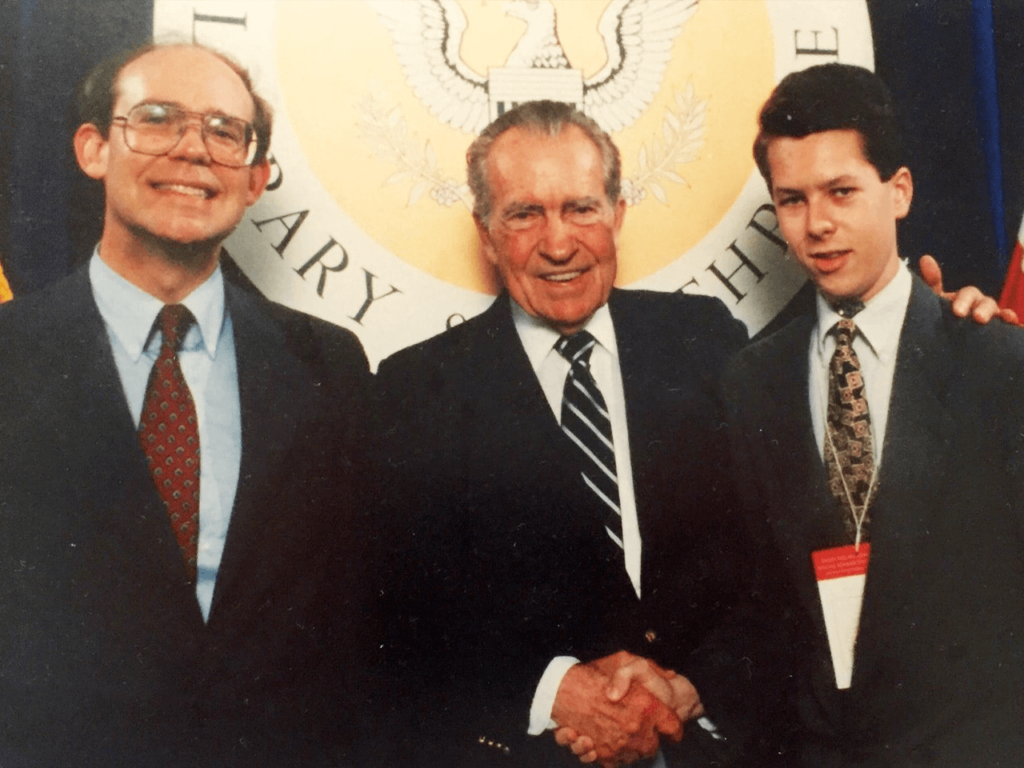
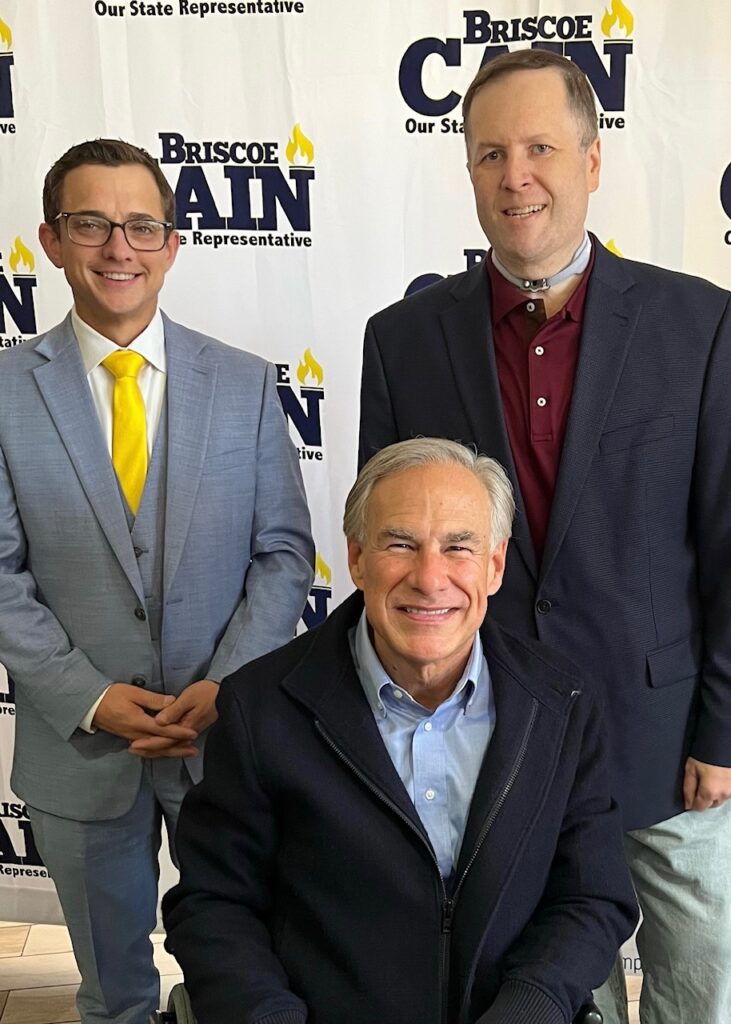


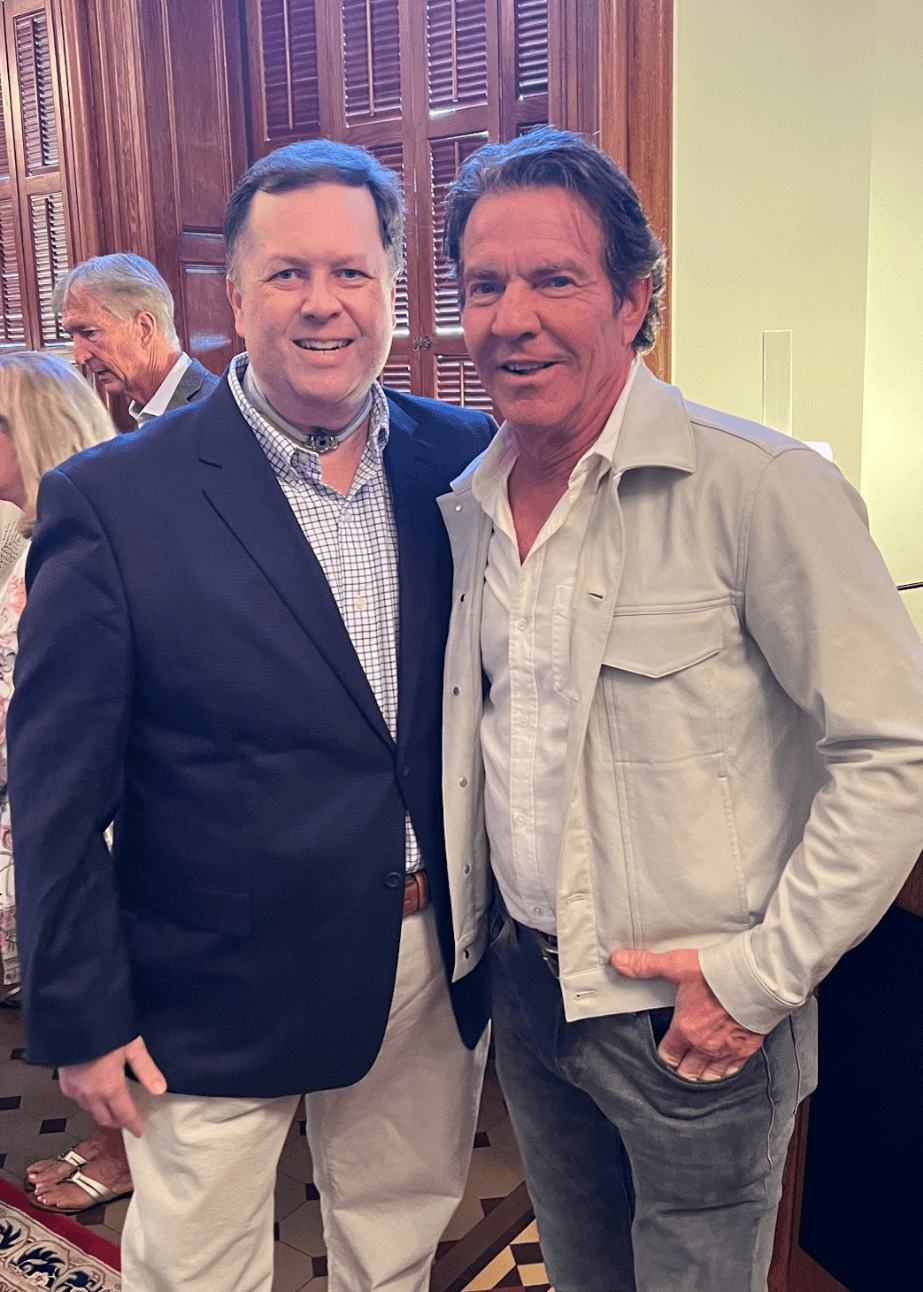


Mike Wolfe For Mayor of Baytown
What Makes Wolfe The Right Choice
NEWSMAX TV Interview
August 8, 2024
Mike Wolfe For Mayor of Baytown
Endorsements

Sid Miller
Texas Commissioner of Agriculture
"I can think of no one more qualified, more deserving, or more ready to hit the ground running on Day One as the Mayor of this fast growing, dynamic, and critically important city to Texas and the nation. I have known Mike for well over a decade and know him to be a strong, principled, and trusted conservative leader who says what he means, does what he says, and gets things done for our Republican Party, our community, our state, and nation."
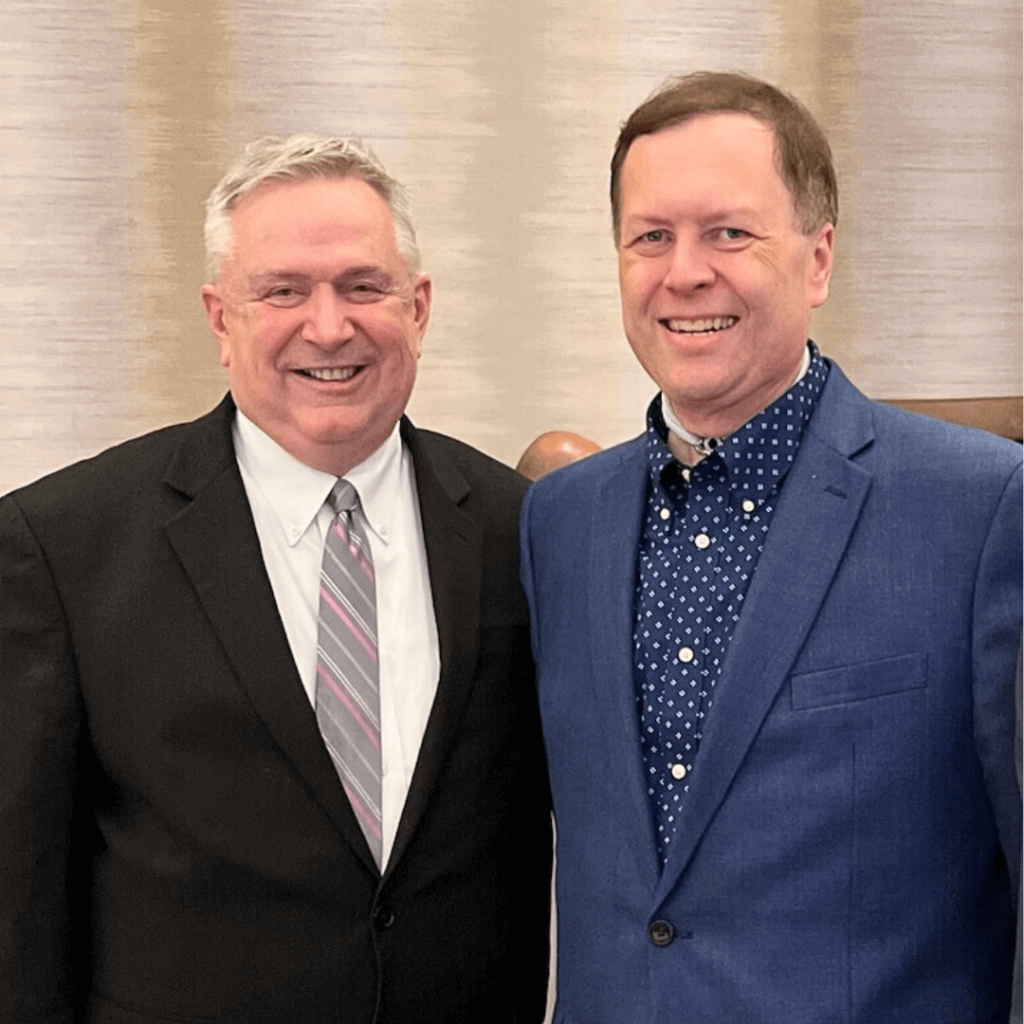
Steve Stockman
former U.S. Congressman
"Baytown needs a proven conservative for mayor; one who protects citizens' wallets and who uses wise judgment...You and I can trust Mike to provide solid leadership for taxpayers in overseeing city management. Mike Wolfe is the clear favorite to continue to win both the hearts and the votes of the people of Baytown. I know, like me, you will find Mike to be friendly and responsive. He is your neighbor and you can trust him as mayor. Real leadership is rare in today's America."
Pat Boone
actor, singer, songwriter
"I would greatly appreciate your support electing Michael Wolfe as our next Mayor of Baytown. Michael has a long history of political activity in the harris county area. If you read his resume, you will find he has a lengthy record working with, defending and fighting for children. If you sit and talk to Mike, you will find he has a broad interest in creating a better Baytown. I believe Mike will be a breath of fresh air in this city's leadership."
-Phyllis Hildenbrand
Founding Member, Baytown Republican Women
"Mike Wolfe is a grassroots conservative leader in our party...Mike Wolfe knows the rigors of elected office and when he was in office he proved his fidelity and dedication to our conservative principles of limited government by voting for and passing tax cuts multiple years in a row and saving citizens from massive tax increases."
-Dale Inman
State Republican Executive Committee, Senate District 4
mike wolfe for mayor of baytown
Mike's Platform
No platform can address all the needs of a community, but it can set forth a clear vision for the future. My vision for Baytown is one where we turn our current challenges into opportunities for growth and improvement. Baytown is a diverse community, and it’s essential that everyone’s voice is heard and represented in our decision-making process.
I envision a Baytown that actively works to reduce crime, not only through effective policing but also by taking intentional steps to focus on anti-recidivism measures. Fiscal responsibility should never mean leaving the most vulnerable behind. We must collaborate with our community partners to ensure that everyone has appropriate access to healthcare.
Our city is well-positioned to meet the challenges ahead. With school choice on the horizon, we have the opportunity to be proactive and ensure that our students have access to the educational paths that best suit their individual strengths, whether in college or in the trades. By staying positive and seizing the moment before us, we can build a stronger, more resilient Baytown for all.
The steady rise in appraisal values by HCAD should naturally lead to a corresponding reduction in the property tax rate each year. Unfortunately, the absence of a tax decrease reflects a lack of adequate foresight in planning for our city’s future needs. To address this, I propose initiating a comprehensive reserve study, which will serve as the foundation for our future budgetary planning.
Upon completion of the reserve study, I will establish a committee comprising both experts and community members to build a consensus on how to navigate the significant future expenses on the horizon. This committee will be carefully balanced, ensuring representation from each city council district. By involving a diverse group of professionals and public representatives, we can ensure that the entire Baytown community works together to overcome the challenges we face.
Tackling our city’s aging sewage system presents a critical challenge, but it also offers a unique opportunity to think beyond immediate crisis management. As we address this issue, we can simultaneously focus on long-term solutions that benefit both our infrastructure and our community. One key area of opportunity lies in housing.
As we tackle the sewage and drainage problem, we must integrate flood control measures into our approach. By improving our sewage and drainage systems simultaneously, we can reduce the risk of both flooding and sewage overflows, protecting homes, businesses, and public health.
As we work to improve our sewage and water systems, we can also look at how these infrastructure upgrades can support new housing developments, particularly affordable housing. By integrating infrastructure improvements with housing initiatives, we can attract state and federal funding, fostering partnerships with developers to create affordable housing options that meet the needs of our growing population.
This dual approach not only addresses urgent infrastructure needs but also contributes to the revitalization of our neighborhoods and the expansion of affordable housing. This strategy will help us build a more resilient, sustainable Baytown, where residents have access to safe, affordable housing and reliable infrastructure that supports our city’s long-term growth.
Baytown has grown rapidly in the recent years, but that growth has exceeded our means of support. Hotels and golf courses are great for growth if successful. However, success can’t come at the expense of core services. The current administration has let foreseeable issues fester, and now we are paying the price for growing beyond our means.
We recognize that the topic of life before birth is deeply personal and can be a source of division. In our community, we value the importance of open dialogue and respect for differing perspectives. This campaign is committed to addressing this issue with a focus on inclusion, compassion, and support, all within the framework of existing Texas law. Our approach is not merely about legal obligations but about building a community that cares for all its members, from the earliest stages of life onward.
Life is a fundamental issue that must be addressed holistically, from conception through to natural death. We believe that protecting and supporting life requires a comprehensive approach that considers the entire spectrum of human existence. This includes not only ensuring the legal protection of life before birth but also providing the necessary support systems that help individuals and families at every stage of life. Our platform extends this whole-life perspective, advocating for policies and programs that uphold the dignity and value of life in all its forms.
Legal Foundation: Dobbs is the law of the land, and our platform is grounded in the existing legal framework of Texas, particularly the following sections of the Texas code:
- Texas Penal Code 1.07(49): Defines “death” to include the failure to be born alive for an unborn child, establishing a legal recognition of life before birth.
- Texas Family Code 151.002(b): Defines “born alive” as any child showing evidence of life after separation from the mother, regardless of the stage of pregnancy, reinforcing the recognition of life and the associated rights and responsibilities.
These sections of Texas law establish the basis for our commitment to promoting and protecting life at all stages, and they guide the development of policies that support this fundamental principle.
Both baby and mother need access to appropriate nutrition and healthcare. To this end, we will provide information to crisis pregnancy centers on how expectant mothers can access WIC and Medicaid eligibility criteria for pregnancy as determined by the Texas Health and Human Services Commission. Our goal is to empower women to access services they are already eligible to receive.
Sadly, not all pregnancies are viable, and miscarriage and stillbirth occur. These events place great psychological strain on the parents, and grief counseling should be readily available to meet the needs of families who find themselves in this sorrowful situation.
The law notes that “born alive” indicates any sign of life, and our healthcare system must take this definition into account in their billing practices. The mother should not have to bear the cost of an ultimately nonviable birth alone, nor should hospitals be forced to write off costs when the mother is unable to pay.
I will seek an advisory opinion from the Attorney General’s office regarding the legality of apportioning billing and aim to establish a clear guideline on when outside medical coverage begins, separate from the mother’s insurance.
A philosophy of respect for life does not end when the baby is born. We need to ensure that Baytown has a welcoming environment for all social service organizations. Private participation in providing services is a critical link in the network that supports those in need.
To further this important work, I propose that social service organizations requiring city approval for their actions be given priority in the decision-making process. This expedited process does not grant special privileges—organizations must still meet all requirements—but it ensures that the City’s administrative process is not a barrier to the provision of services.
Too many individuals are left making tough decisions without knowing the wishes of their loved ones. To address this, I propose empowering the City Attorney to draft and execute simple advance directives for the public. While this service would necessarily be limited to a basic level of planning, it is a valuable public resource that ensures the dignity of patients is upheld in end-of-life situations.
Too much time has been spent politicizing the issue of life, often at the expense of actually doing good. Our campaign believes that the focus should be on making a real difference in people’s lives, not on scoring political points. The goal of addressing life—from conception to natural death—should be rooted in a commitment to compassion, responsibility, and support for all individuals. By prioritizing the well-being of our community and working within the framework of the law, we can create meaningful change that goes beyond politics and truly helps those in need.
Crime affects every one of us, and addressing it requires a multifaceted approach that combines strong support for law enforcement with effective anti-recidivism measures. We must ensure that our law enforcement agencies are adequately staffed and equipped to carry out their vital duties of protecting and serving our community safely and effectively.
At the same time, it’s crucial to address the root causes of crime wherever possible. While municipal courts may have limited power to tackle these underlying issues directly, they can play a crucial role as a screening and referral source to help resolve the smaller problems that often entangle individuals in the justice system.
For instance, when someone appears before the court for driving without a license, we should assist them in obtaining an occupational license through the Justice of the Peace. I will actively seek attorneys willing to provide this service pro bono, helping individuals drive legally and avoid the cycle of repeated offenses related to driving without a license. By offering support where it’s needed, we can help reduce recidivism and contribute to a safer, more law-abiding community.
As we embark on this journey, fiscal responsibility must be at the forefront of our decision-making. With interest rates likely to fall in the near future, it’s crucial that we approach bond issuance with a strategic mindset. This means issuing bonds in smaller increments, allowing us to capitalize on future lower interest rates. By adopting a “pay-as-you-go” approach to bond issuance, we can ensure that we’re managing our debt efficiently while minimizing the financial burden on our community.
Beyond taxation and general-purpose bonds, we must aggressively pursue state and federal assistance to address critical infrastructure challenges, such as our failing sewage system and the impending lead pipe replacement.
Currently, untreated or partially treated sewage is backing up into our waterways during heavy or prolonged rain events. While the Environmental Protection Agency’s Clean Water State Revolving Fund offers a viable funding source for this sewage crisis, we must think beyond immediate crisis management. This challenge presents an opportunity to take proactive steps toward long-term solutions.
As temperatures rise and we face more extreme weather patterns—ranging from floods to droughts—we must ensure a sufficient and reliable water supply for both residential and industrial needs. This broader vision enables us to seek additional funding from agencies such as the Department of Housing and Urban Development and the U.S. Economic Development Administration. By securing these resources, we can collaborate with partners to enhance accessible housing and strengthen our ties with local industries, ultimately emerging from this crisis with a more resilient and sustainable community.
The political primaries indicate that the next legislative session will likely introduce some form of school choice. We must be proactive in ensuring that our schools remain protected and adequately funded while also positioning our students to take full advantage of the opportunities that school choice may bring.
Two key areas are ripe for collaboration with local partners:
First, we need to engage with our community colleges to ensure they are prepared to offer services under a school choice program. I propose a collaboration between the city and community colleges to establish schools focused on a dual-credit philosophy. This would allow students to earn college credits while completing their high school education, providing them with a head start on higher education and reducing the overall cost of a college degree.
Secondly, we must work with our industry partners to create specialized trade schools that function similarly to dual-credit programs. These schools would offer students the opportunity to learn valuable trades while earning high school credits, ensuring they are job-ready upon graduation. Working with one’s hands is just as honorable and beneficial to society as working with one’s mind. Both are essential, much like the two lungs that must work in concert for the overall health and well-being of our community.
By fostering these collaborations, we can ensure that our students are well-equipped to succeed in any path they choose, whether it be academic or vocational. This approach not only strengthens our educational system but also prepares our students to meet the demands of our community.
Harris County is renowned for its world-class medical care, but accessing that care can be challenging for residents of Baytown. While the Gold Card program provides an important safety net, it should not be the only option available. To improve healthcare access, I will form a committee dedicated to addressing this issue. This committee will include not only hospital representatives but also community clinics and disability professionals who witness firsthand how the system often fails our most vulnerable residents.
One straightforward step we can take is to ensure that schools are actively screening students for potential disabilities. If a child meets the Social Security Administration’s definition of disability, they may qualify for Medicaid through the Medicaid Buy-In for Children program, provided their family income is within 300% of the poverty line. I will collaborate with individuals in the disability community to establish a program that screens students and, if they qualify, assists them in obtaining Medicaid Buy-In benefits.
This initiative does more than just provide necessary care for children; it also has a positive impact on our local economy. The “buy-in” component of the program allows families to maintain their current insurance while Medicaid covers deductibles and out-of-pocket expenses for the child’s care. This approach minimizes costs to the healthcare system and frees up disposable income for families, benefiting both the child and the economy.
In addition to improving access to medical care, we must also prioritize the overall health and wellness of our community. This includes promoting public health initiatives that focus on preventive care, nutrition, mental health, and substance abuse prevention. By collaborating with local healthcare providers and community organizations, we can offer wellness programs, mental health support, and substance abuse prevention services that reach those most in need.
Promoting health and wellness is not just about treating illness; it’s about creating a healthier, more resilient community. By ensuring access to both medical care and preventive services, we can help our residents lead healthier lives, reduce the strain on our healthcare system, and build a stronger, more vibrant Baytown.
Being poor is not a crime, but making unwise decisions is a choice that can lead to legal consequences. We must provide meaningful alternatives for individuals who cannot afford to pay their fines. To address this, I will establish a Municipal Court Community Service Program modeled after the successful initiative in El Paso. This program will ensure that those unable to pay fines can fulfill their obligations through valuable community service.
Furthermore, it’s essential that we equip individuals with the tools they need to become successful, tax-paying members of society. As part of this effort, we should recognize the pursuit of education and skills training as a valuable form of community service. I propose that obtaining a GED or enrolling in and completing a trade program should count toward community service hours. This approach not only fulfills court requirements but also empowers individuals to build a brighter future for themselves and their families.
In addition to these measures, we must also focus on workforce development as a key component of rehabilitation. By partnering with local businesses, trade schools, and community colleges, we can create programs that provide job training and skills development for those seeking a second chance. These initiatives will help individuals re-enter the workforce, reduce recidivism, and contribute positively to the community.
By integrating workforce development into our approach, we create a pathway for individuals to move beyond their past mistakes and towards a more productive future. This not only benefits the individual but also strengthens our local economy by creating a more skilled and employable workforce.
As Baytown continues to grow, managing traffic efficiently is critical to reducing congestion and ensuring safety on our roads. I propose implementing a smart traffic management system that uses advanced sensors and real-time data to optimize traffic flow. These systems can adjust traffic signals based on current conditions, reducing commute times and emissions while enhancing road safety. Given that the Garth Road expansion may need to be delayed until the sewage and lead pipe issues are resolved, adopting smart traffic management now will help mitigate the traffic challenges that the expansion aims to address.
In an increasingly digital world, protecting our city’s digital infrastructure is paramount. I will prioritize investing in robust cybersecurity measures to safeguard sensitive data and protect against cyber threats. This includes regular security audits, advanced security protocols, and continuous training for city employees. Ensuring our city’s cybersecurity is not only about protecting information but also about maintaining the trust and safety of our residents.
Effective city planning and management require access to accurate, real-time data. I propose implementing a data-driven decision-making process that utilizes analytics to inform city planning, infrastructure development, and public safety measures. By analyzing trends in population growth, traffic patterns, and resource usage, we can make more informed and efficient decisions that better serve our community. Additionally, I support launching an open data initiative, making city data transparent and accessible to the public. This approach not only fosters trust but also encourages community engagement in the governance process.
Countdown to General Election
November 5th, 2024
- 00Days
- 00Hours
- 00Minutes
- 00Seconds
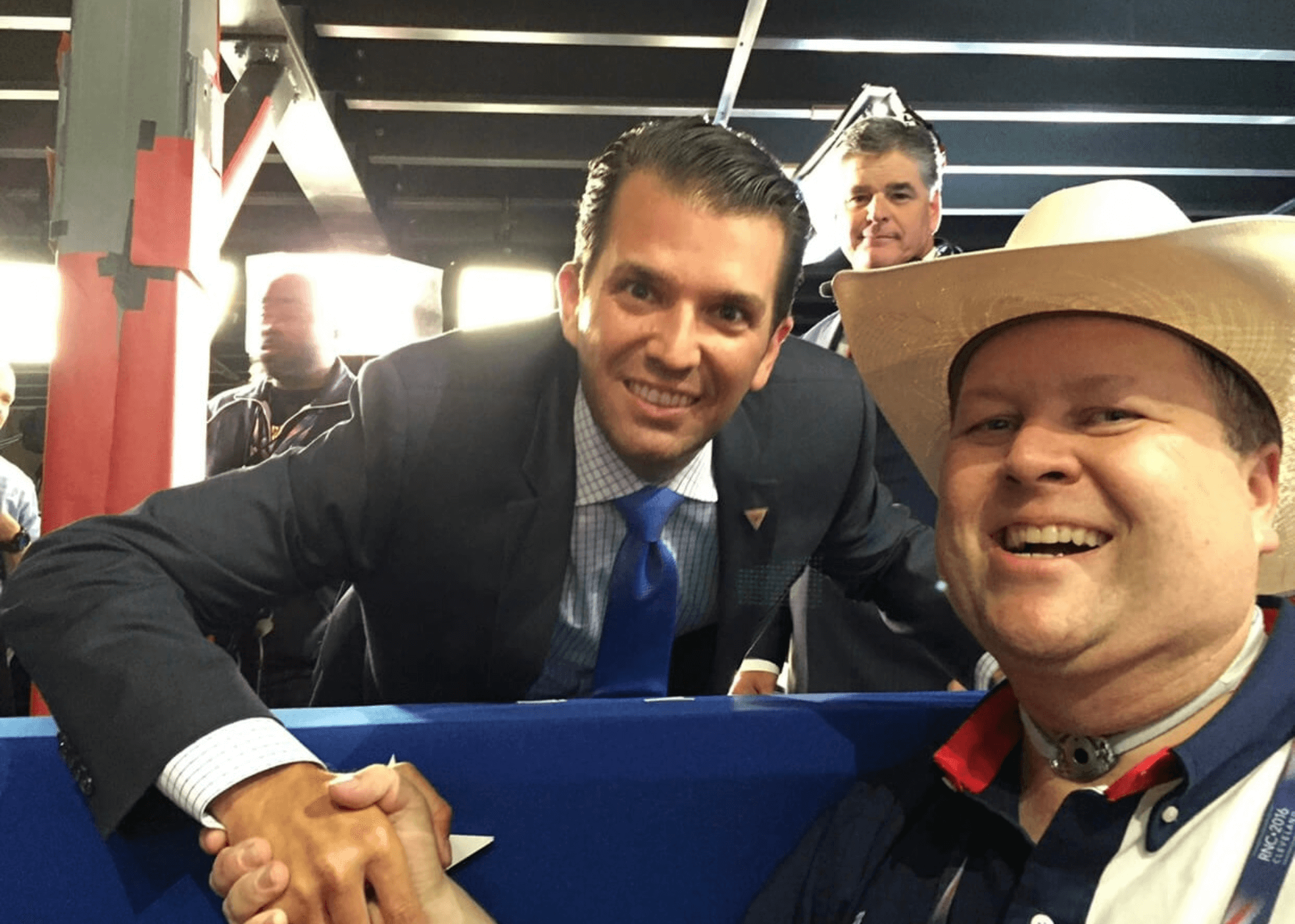
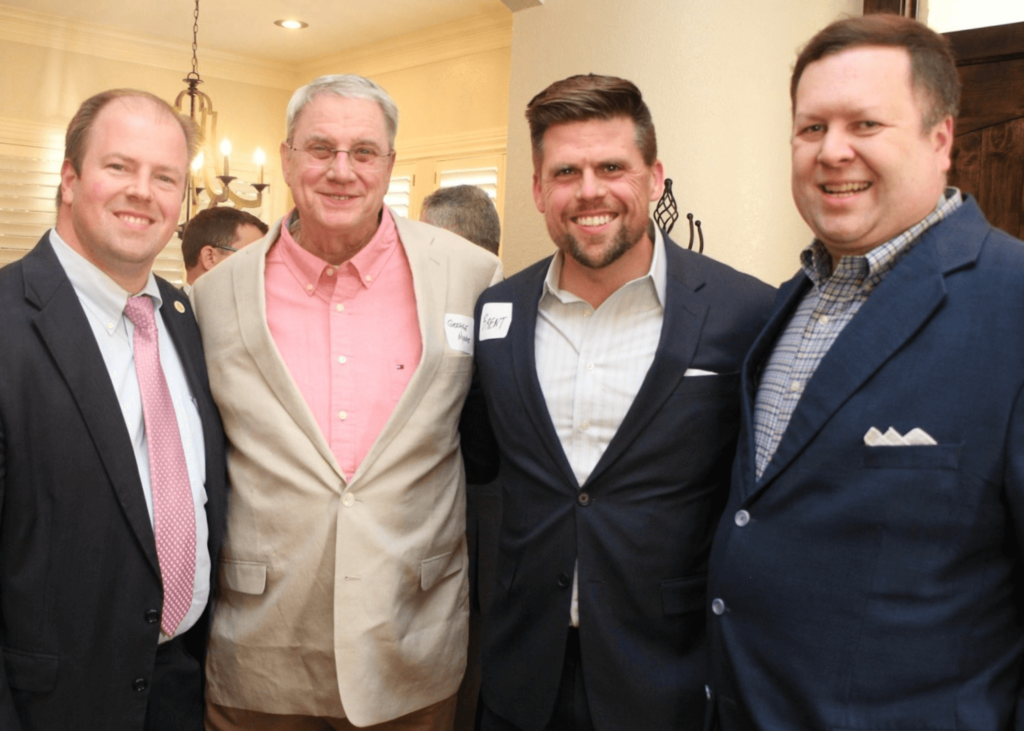

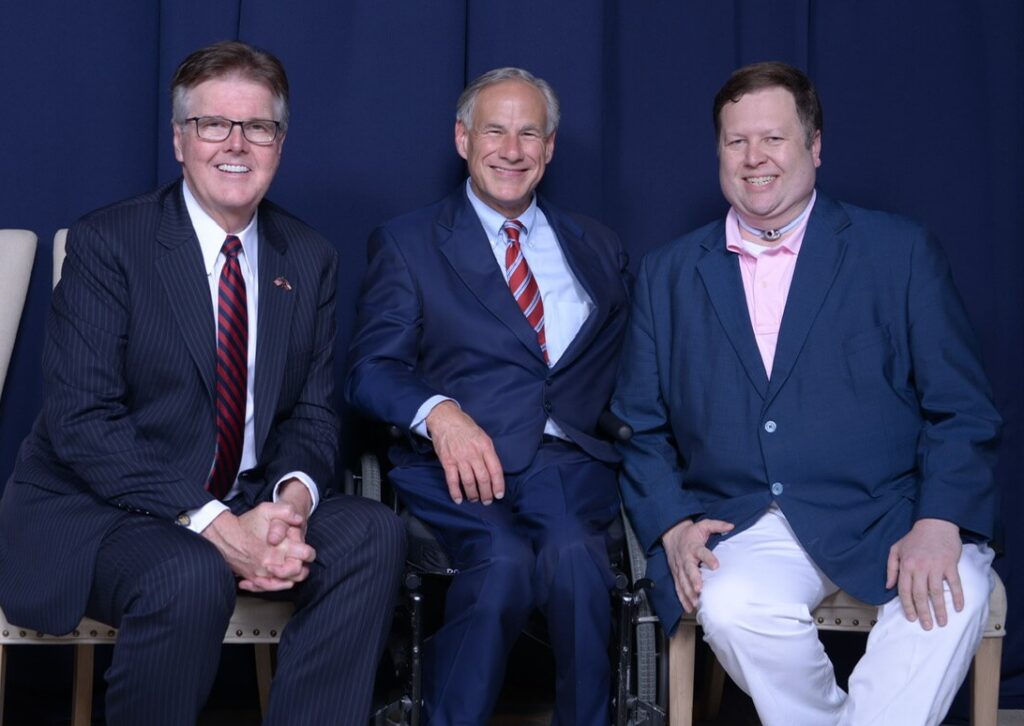

- Early Voting: Oct. 21 - Nov. 1, 2024
- General Election Day: Nov. 5, 2024